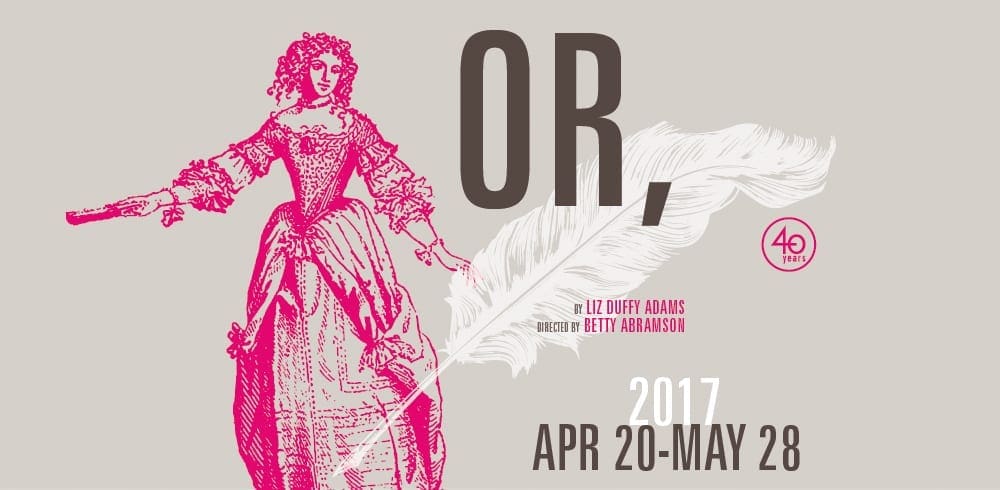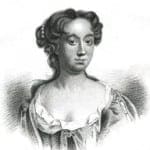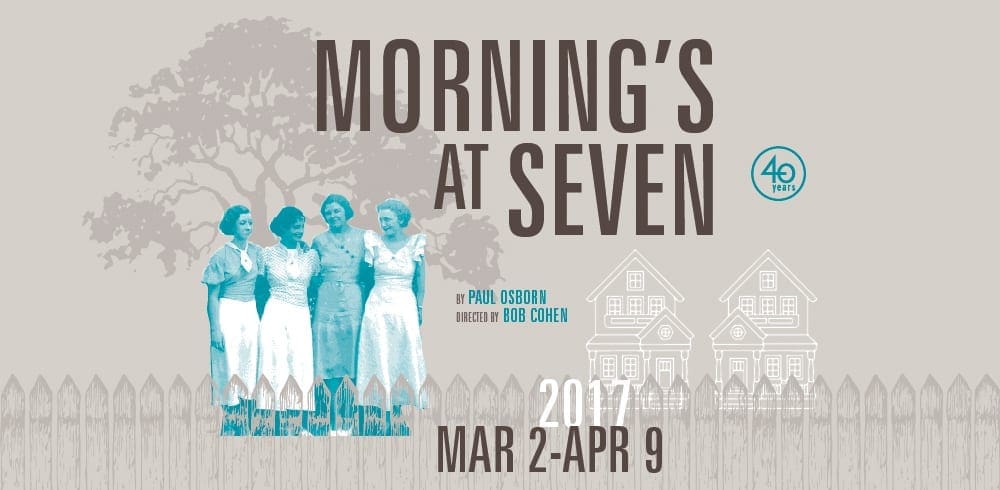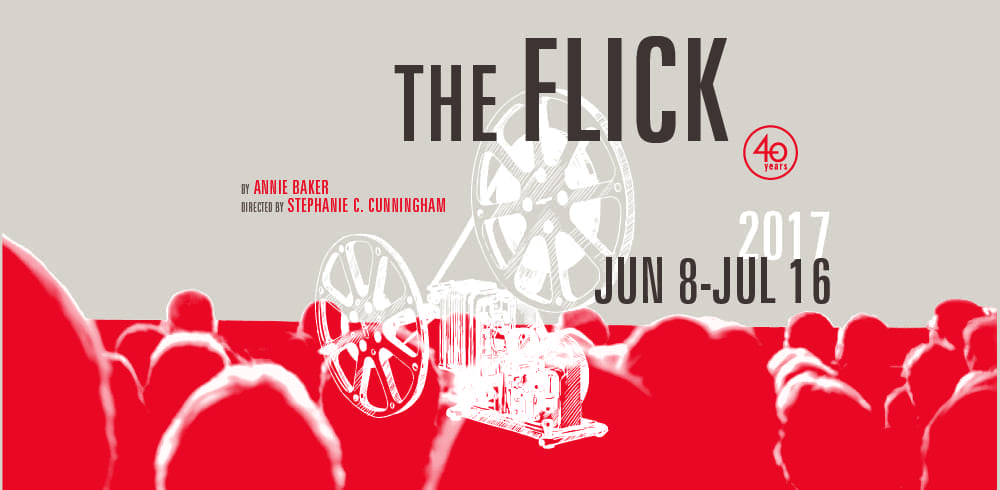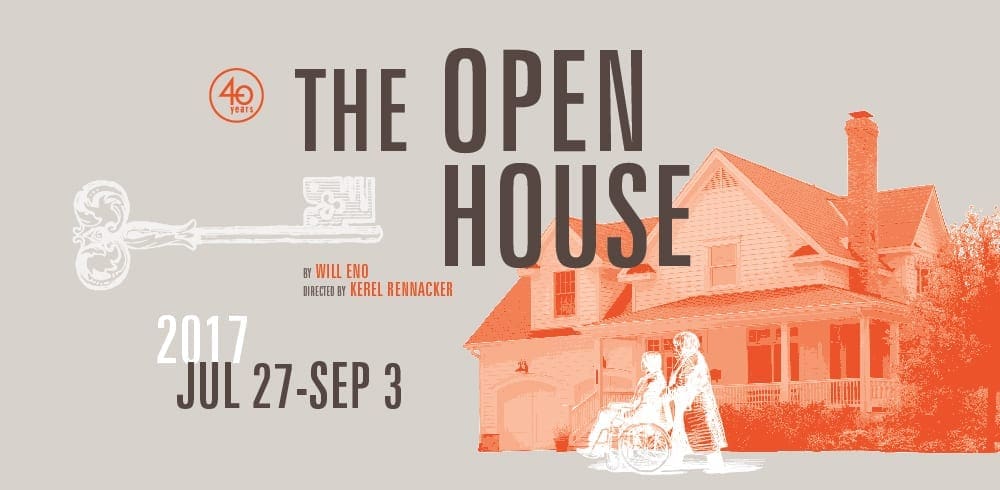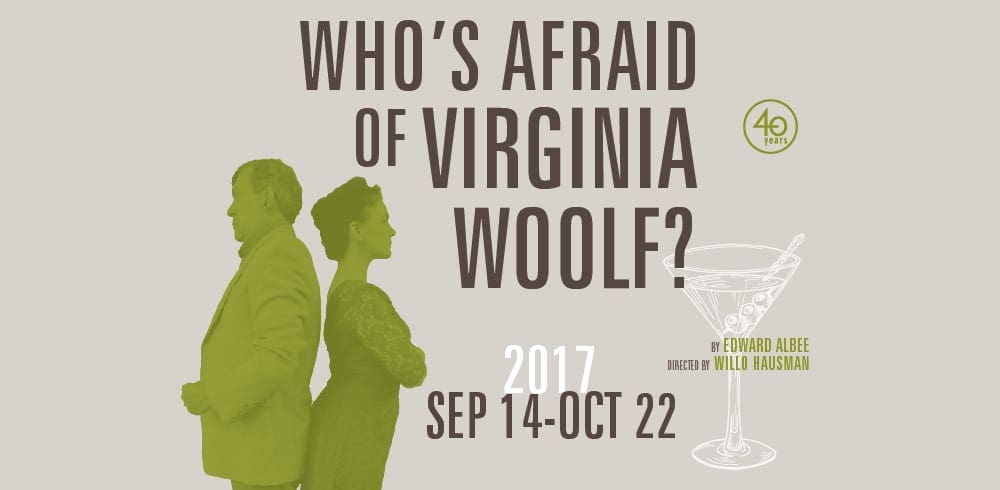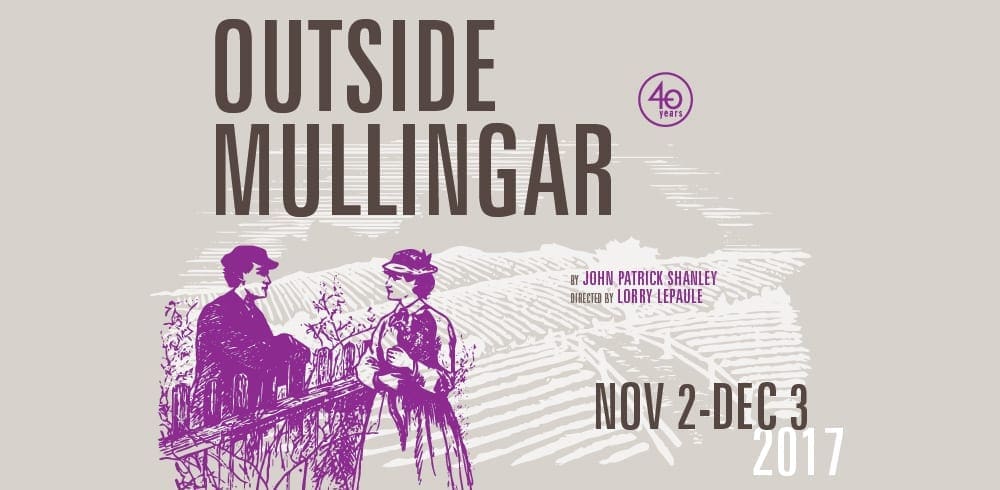OR,
by Liz Duffy Adams; directed by Betty Abramson
April 20 to May 28, 2017
Sponsored by Harvest Market
A sexy, modern account of one night in the life of Aphra Behn who, in addition to being an important playwright, was an international spy, a libertine, and a friend of King Charles II. As she struggles to complete her script, she is interrupted by friends, lovers and the king himself.
All women together ought to let flowers fall upon the tomb of Aphra Behn, for it was she who earned them the right to speak their minds.
Virginia Woolf
CAST
CREW
More about the historical characters of Or, …
-
 Aphra Behn
Aphra BehnMuch conjecture and little truth is known about the first professional woman playwright in English history. She was born in Kent, England around 1640. Her family moved to Surinam, a colony, in 1663 where she met William Scot, a spy. In 1665 she married a Dutchman, Johan Behn, of whom absolutely nothing is known beyond his name and his death in 1666, possibly from plague. During the Dutch Wars she spied for King Charles II, uncovering very little for the crown, and then found herself in debt as she was delayed payment for her services. Aphra took the unusual step of retaining control of her life, and instead of finding another marriage, boldly took her pen. Her first play, The Forc’d Marriage, was published in 1670. The Rover, her most famous play, debuted in 1677 and was extremely successful. She ultimately wrote between fifteen and eighteen plays, numerous novels and poetry. At the time, her writings were considered scandalous, not because of content but because they were written by a woman. She died in 1689 and her reputation fell into relative obscurity only to be “rediscovered” in the past few decades. She is buried in Westminster Abbey.
-
King Charles II
Often called “The Merry Monarch”, Charles II was the son of Charles I, the King deposed by the Cromwell movement. Charles I was the victim of regicide–the action of killing a King, a beheading in this case–and Charles II as well as his brother James II, a Catholic, fled England during the Cromwell years. He found safety for five years with his cousin Louis XIV in France. Upon his return to the throne in 1660 he restored a government of resplendence, frivolity and intrigue. He reopened the theaters and struck down the ban against women performing on stage. Although he ushered in an era of hope, England was constantly afflicted with war, plague and, in 1666, The Great Fire of London that nearly destroyed the entire city.
-
Nell Gwynne (Gwyn)
One of the most celebrated actresses of her time, Nell was hired by Mary Meggs, or “Orange Moll”, a woman granted the license to “vend, utter and sell oranges, lemons, and all manner of fruit and confectioners wares” within the theater. Beautiful, and with a flair for comedy, she graduated to playing major roles and was particularly renowned for her “breeches parts”. She enjoyed a very successful career. After 1668 she enjoyed a second career as the mistress of Charles II, bearing him two sons.
-
William Scot
Scot was the son of the regicide nobleman Thomas Scot, who was executed for his part in the beheading of Charles I in 1660. He met Aphra Behn in Surinam while spying for the Dutch and, possibly, double spying for the English. Lovers for a short while, they were both dispatched to Antwerp for more spy intrigue. History indicates that the spy work they did was deemed of little value.
-
Lady Henrietta Maria Davenant
The third wife of playwright and theatrical producer Sir William Davenant. After his death she took over the management of his theater, the Duke’s Company, leading it to become one of the most financially successful theaters in London, and a frequent producer of Aphra Behn’s work.


